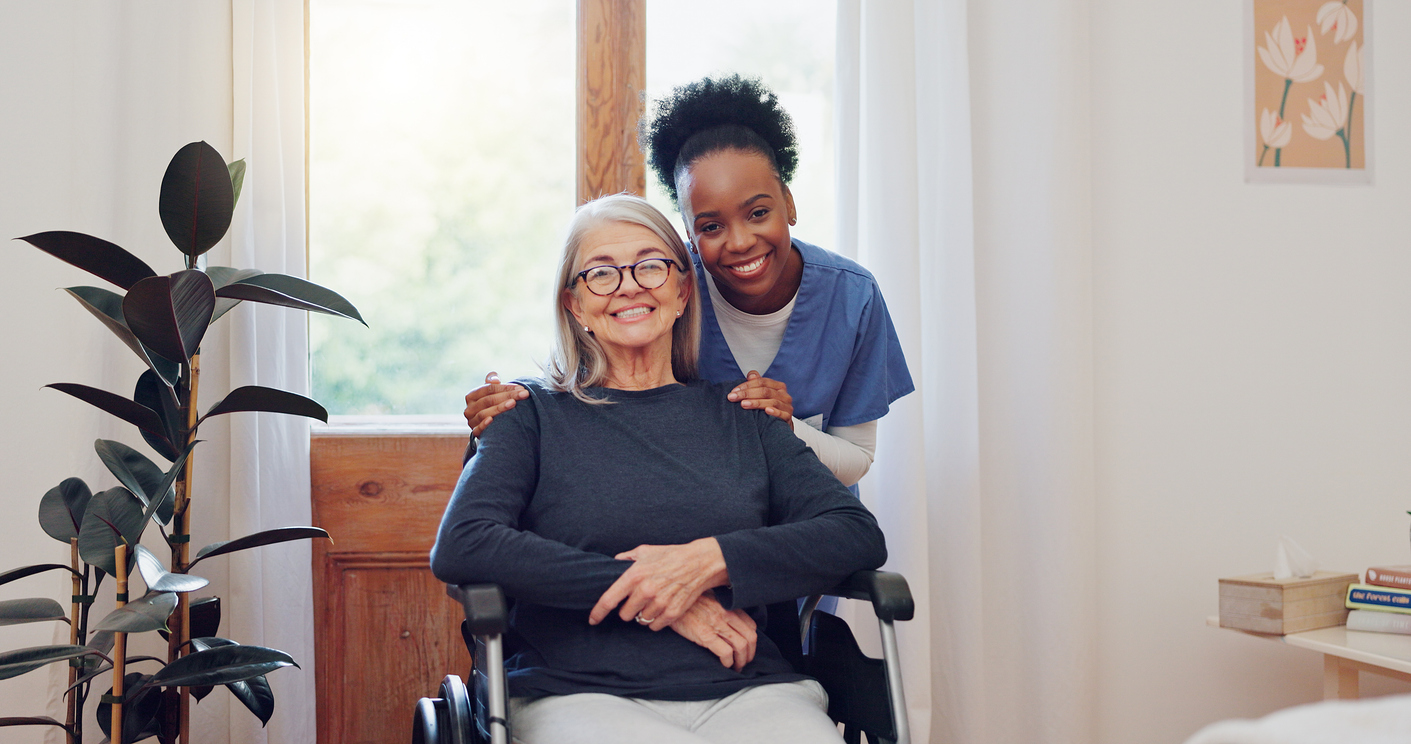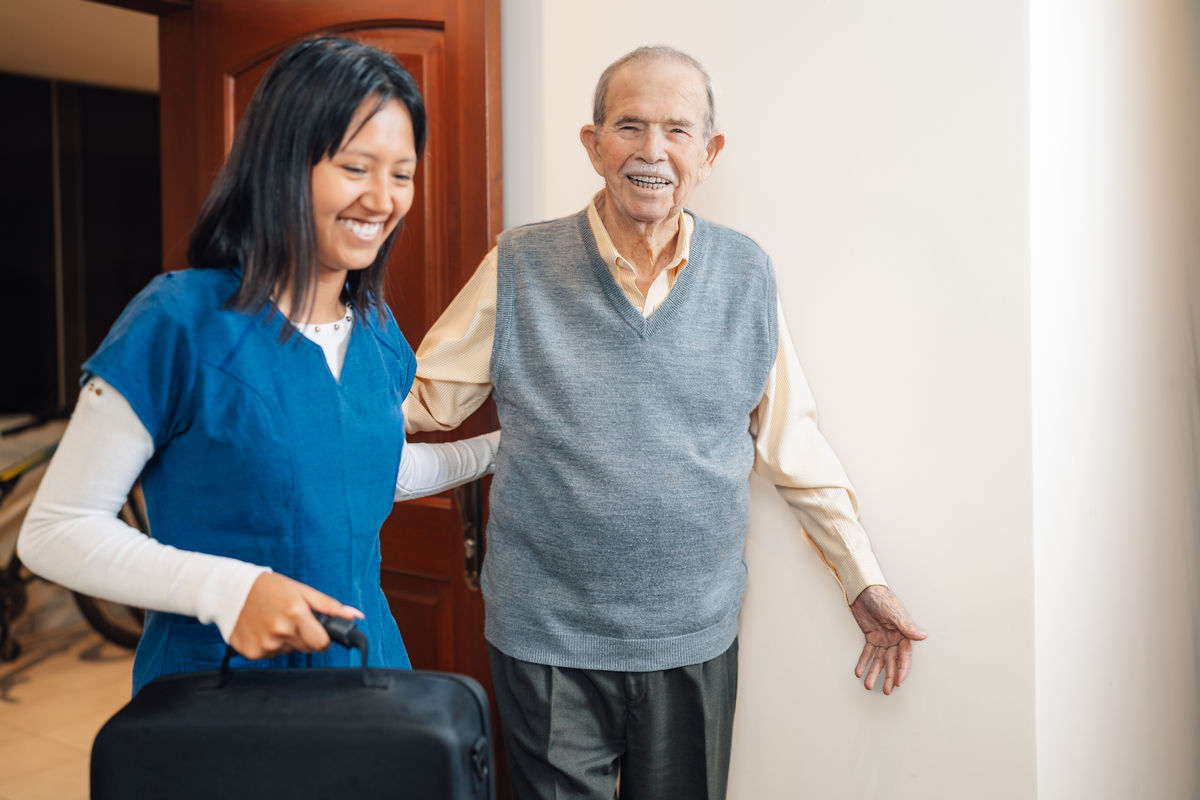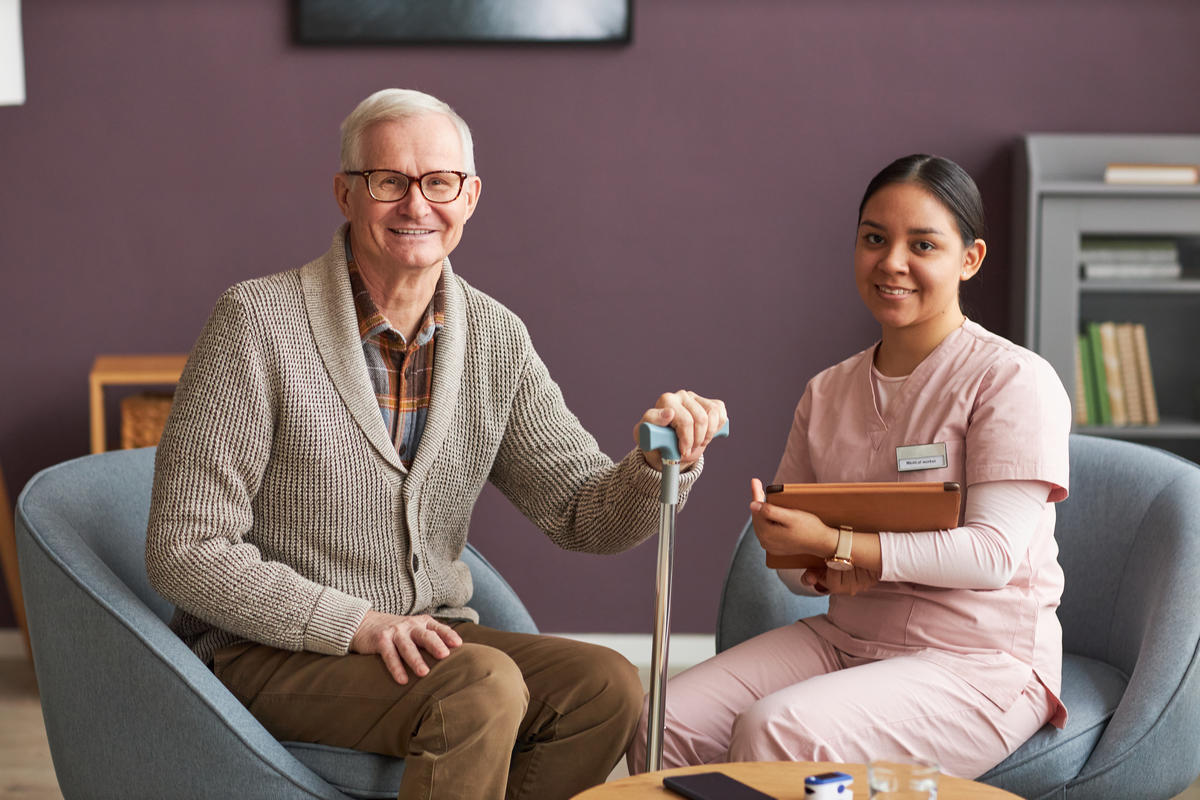Personal care homes provide a supportive living environment for individuals who need assistance with daily activities. These homes offer a more personal touch than larger facilities and provide residents with individualized care and attention. They create a family-like atmosphere that promotes independence while prioritizing safety and well-being. Personal care homes are ideal for seniors or individuals who need help with everyday tasks but do not require the intensive medical care provided by nursing homes.
If you or your loved one are exploring care options, understanding these benefits can greatly ease the decision-making process.
What Are the Benefits of Personal Care Homes?
Personalized Attention and Care
Personal care homes offer individualized care that suits each resident’s unique needs. From assistance with activities like bathing and dressing to providing a comfortable living environment, personal care services ensure that every resident receives the attention they deserve. This personalized approach can enhance the quality of life for seniors, making day-to-day living more manageable and enjoyable.
Improved Safety and Security
Safety is a top priority in personal care homes. These facilities are equipped with safety features such as handrails, emergency call systems, and round-the-clock monitoring to make sure residents are safe at all times. Additionally, trained staff are always on hand to provide immediate assistance in case of emergencies, to reduce the risk of accidents.
Social Interaction and Community
Living in a personal care home can prevent the isolation that sometimes accompanies aging. Residents have the opportunity to participate in a variety of social activities and build meaningful relationships with their peers. Daily activities and group events foster a sense of community and belonging, which can enrich the lives of those who might otherwise feel lonely.
Assistance With Daily Activities
Performing daily activities can become challenging as one age. Personal care homes provide essential support for these everyday tasks, enhancing residents’ independence and comfort. Whether it’s housekeeping, meal preparation, or medical appointments, staff are always available to help, reducing stress and making daily life more enjoyable.
Better Health Management
Personal care homes often provide comprehensive healthcare services, including medication management and regular health check-ups. Staff can coordinate with healthcare providers to ensure that residents receive the proper care and treatment. This proactive approach to health management promotes overall well-being and can prevent minor issues from becoming serious problems.
Peace of Mind for Families
Families can rest easy knowing their loved ones are in a safe and nurturing environment. Personal care homes provide consistent communication and updates about the residents’ well-being. This gives families peace of mind and allows them to focus on spending quality time with their loved ones without the stress of daily caregiving responsibilities.
Common Services Personal Care Homes Provide
- Assistance With Daily Living Activities. Personal care homes help residents with daily living activities such as bathing, dressing, and grooming. This support helps individuals maintain their personal hygiene and feel comfortable.
- Meal Preparation and Nutrition. Residents are provided with nutritious meals tailored to their dietary needs. Personal care homes often have dietitians who plan balanced meals to promote overall health.
- Medication Management. Staff members assist with medication administration and make sure residents take their prescriptions correctly and on time. This reduces the risk of missed doses and medication errors.
- Housekeeping and Laundry Services. Keeping living spaces clean and tidy is essential for a healthy environment. Personal care homes usually offer regular housekeeping and laundry services to maintain cleanliness and comfort.
- Social and Recreational Activities. Personal care homes organize social activities and various recreational programs to boost the mental, physical, and emotional well-being of residents. From group games to arts and crafts, there are numerous opportunities to socialize and enjoy.
- Transportation Services. Personal care homes often provide transportation for appointments and outings so residents can attend medical appointments and participate in community activities safely.
- Emotional Support and Counseling. Personal care homes might also offer counseling services to support the mental and emotional well-being of residents. This can be vital for those dealing with anxiety, depression, or other emotional challenges.
What to Look for When Choosing Personal Care Homes in Philadelphia, PA
Availability and Accessibility
When looking for personal care homes in Philadelphia, PA, start by checking the availability and potential waiting lists. Many facilities have high demand, which can result in long wait times. Contact multiple personal care homes to understand their current capacity and waitlist status to plan accordingly. Also, make sure the location is close to hospitals, shopping centers, and public transportation for added convenience.
Cost and Financial Options
Understand the cost structure of personal care homes to fit your budget. Explore if the facilities accept Medicaid or other forms of financial assistance to alleviate potential financial strain. Comparing prices among various facilities can help you find the most affordable option without compromising care quality.
Quality of Care and Staffing
Check the quality of care and the qualifications of the dedicated staff at each facility. Look for reviews or ratings from current or past residents and their families if there are staffing issues or complaints. A facility with a good staff-to-resident ratio and well-trained caregivers will provide exceptional care and support.
Services and Specialized Care
Choose a provider that offers a comprehensive range of services, including assistance with daily living tasks, medication management, and specialized care for conditions like dementia. Ensure the facility provides additional services like meal preparation, laundry service, and personalized care to meet all residents’ needs.
Transparency and Information
Look for facilities that provide transparent and accurate information about their services, resident satisfaction, and regulatory compliance. Clear and open communication regarding inspection reports and any past complaints or violations will help you make a well-informed decision. Facilities that willingly share this information often have nothing to hide and prioritize transparency.
Emotional and Social Support
Consider facilities that offer a supportive community with a range of social and recreational activities to keep residents engaged. Programs for residents that promote social interaction and mental stimulation can significantly improve their quality of life. Facilities that foster a welcoming environment and offer social activities can make residents feel part of a compassionate, supportive community.
Safety and Amenities
Safety is essential and non-negotiable when selecting personal care homes. See that the facility provides a safe environment with 24-hour staff availability and emergency response systems. Additionally, check for amenities such as private accommodations, common areas, and transportation services, as these can significantly contribute to your loved one’s comfort and convenience.
Personal Care Homes vs Home Care: Which Should You Choose?
Personal Care Homes
Personal care homes are residential settings where individuals receive assistance with daily activities. These homes provide a structured environment for people who may need a bit more supervision and care than they can receive at home. They cater to individuals who require some help with tasks like bathing, dressing, and medication management. Personal care homes also create a community feel, offering social activities and group meals that help residents feel engaged and supported.
Home Care
Home care allows individuals to receive assistance while staying in the comfort of their own homes. This type of care is provided by trained aides or healthcare professionals who visit regularly to help with daily activities and even companionship. Home care is ideal for those who wish to maintain their independence and stay in familiar surroundings. The services can also be tailored to fit each person’s specific needs, which can range from a few hours a week to 24/7 care.
Experience Quality and Comfort With AmeriBest’s Home Care Services: Contact Us Today!
As you weigh your options, remember that choosing the right personal care home is about more than just services—it’s about finding a place where your loved one can feel at home. The right environment will not only provide the necessary support but also enrich your loved ones’ lives with meaningful interactions and activities. Look for homes that prioritize safety, social engagement, and transparent communication to ensure your loved one not only receives quality care but also feels valued and connected.
While personal care homes can indeed help your loved one have an improved quality of life and independence, home care also presents numerous advantages. Home care allows your loved one to enjoy the comfort and familiarity of their own home while receiving the care they need. Additionally, home care includes personalized attention, flexibility in scheduling, and often involves lower costs compared to residential care facilities.
For those exploring home care options, AmeriBest Home Care is a trusted provider dedicated to delivering exceptional services. We take pride in our personalized approach, ensuring each client receives tailored care that addresses their unique needs. Our professionally trained caregivers are compassionate, experienced, and committed to enhancing the well-being of your loved one.
Reach out to AmeriBest Home Care for quality home care services!











